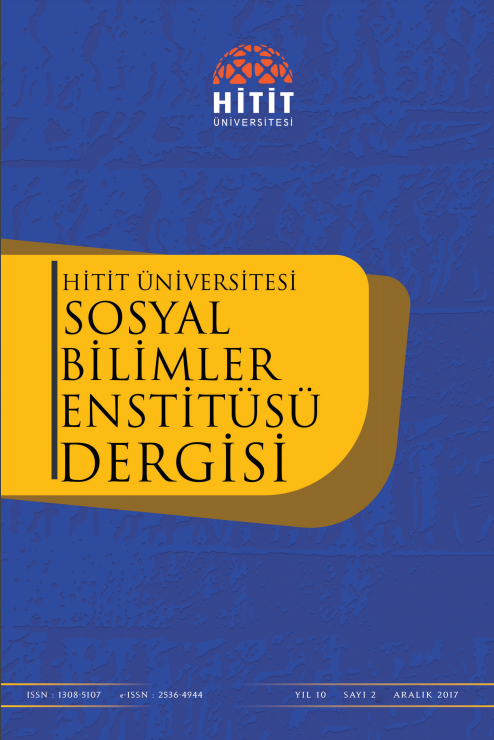The Religious Lives of European Turks; The Role of Religious Groups
The Religious Lives of European Turks; The Role of Religious Groups
Author(s): Yakup ÇoştuSubject(s): Applied Sociology, Social development, Sociology of Culture, Migration Studies, Ethnic Minorities Studies, Globalization, Sociology of Religion
Published by: Hitit Üniversitesi Sosyal Bilimler Enstitüsü
Keywords: European Turks;Daily Religious Life; Religious Groups; Religious Movements;
Summary/Abstract: Referring the Turks that migrated to European countries as ‘temporary workers’ in 1960, it is obvious that neither the Turkey nor the receiving countries had no policy about migration because of the thought that they would ‘go back to their homeland’. Since late 1970s, the receiving countries’ points of view have changed in the way that Turks were not be temporary but permanent. So they developed some strategies and policies. The purpose of these new laws/policies was to take the migration wave under the control and supporting immigrant integration in Europe. Turkey as an emigration country, during those days, started to take some serious steps about preventing its own citizens from assimilation and helping them to integrate successfully. During the migration period, from the early 1960s to the middle of 1980s, there was no official religious services for Turkish immigrants. For about 20 years, those people had been destined to be on their own. Within that period religious services had also been carried out mostly by some Turkey based religious groups, communities and movements. In this paper, the influence of Turkey-connected religious groups and communities on the daily religious life of European Turkish will be evaluated with a macro-sociological point of view.
Journal: Hitit Üniversitesi Sosyal Bilimler Enstitüsü Dergisi
- Issue Year: 10/2017
- Issue No: 2
- Page Range: 785-796
- Page Count: 12
- Language: English

